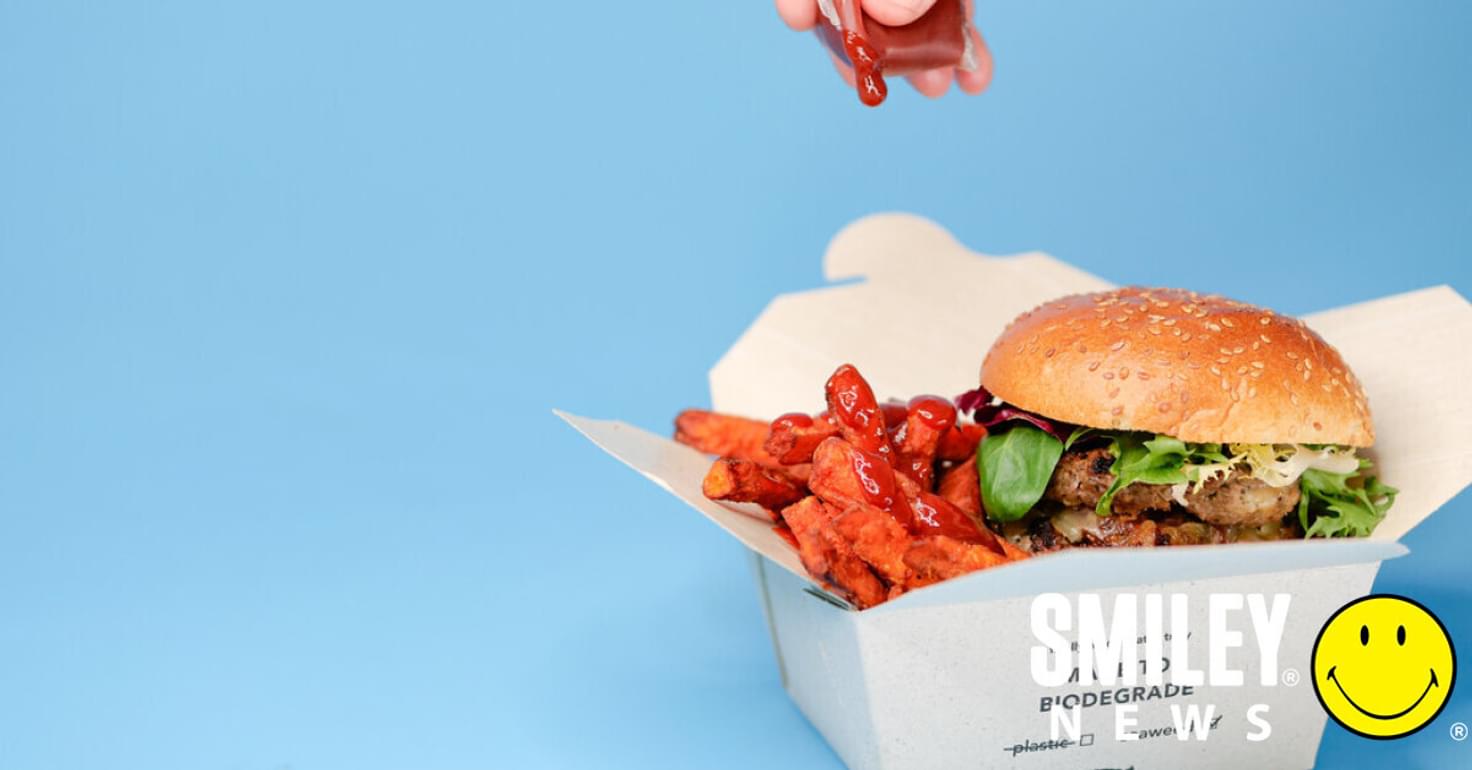
Words by Smiley Team
Thanks to a host of new investments, researchers can delve further into the process of developing plastic alternatives made from one of the world’s most abundant sources of biomass - seaweed.
A lab-based company, Notpla, whose name is a blend of the words ‘not plastic’, is developing ways to transform this natural material into packaging for use across a range of industries.
They hope that their seaweed-based materials could radically reduce our dependence on plastic, with financial support from investors Horizons Ventures, Astanor Ventures, Lupa Systems and Torch Capital.
Notpla’s co-CEO, Pierre-Yves Paslier, said: “We are delighted to accelerate the pace towards a zero single-use plastic future. This new round coupled with soon-to-be-announced commercial partnerships is the perfect opportunity to put seaweed on the map of packaging solutions.”
The latest funding boost will help introduce Notpla’s seaweed sachets to real-life market situations. Companies can use their flexible material to package sanitary items, cleaning products and loose food such as pasta, coffee and drink flavourings.
Their seaweed sachets could offer a long-awaited alternative for companies, as the first-ever sustainable, natural and biodegradable substitute for soft plastic packaging.
The funds will also help Notpla finalise a more sustainable paper option, made from waste produced in the process of making plastic alternatives. By introducing seaweed fibres to the paper mix, they can produce sheets with 30% less wood pulp than usual, helping to tackle deforestation.
In 2021, Notpla introduced its new packaging to the food industry, sending out 30,000 boxes made from seaweed via Just Eat. Following the success of this trial, Pierre-Yves hopes that the additional investment will help them to transform the way we package clothing and cosmetics too.
“We’re excited to see traction in the foodservice industry and are looking forward to moving into the cosmetics and fashion markets very soon,” he added.
Growing at a rate of one metre a day, seaweed is a naturally regenerative plant that can quickly replace that which is harvested. This contrasts starkly to single-use plastic, of which up to about 90% ends up in landfills, dumps, discarded in nature where it can take hundreds of years to decompose.
If Notpla’s materials are discarded, they will take between four and six weeks to fully biodegrade. “At Notpla we believe that “Nature knows best”,” Pierre-Yves explained, “and we only use naturally occurring materials that have had millions of years to adapt with the rest of the environment.”